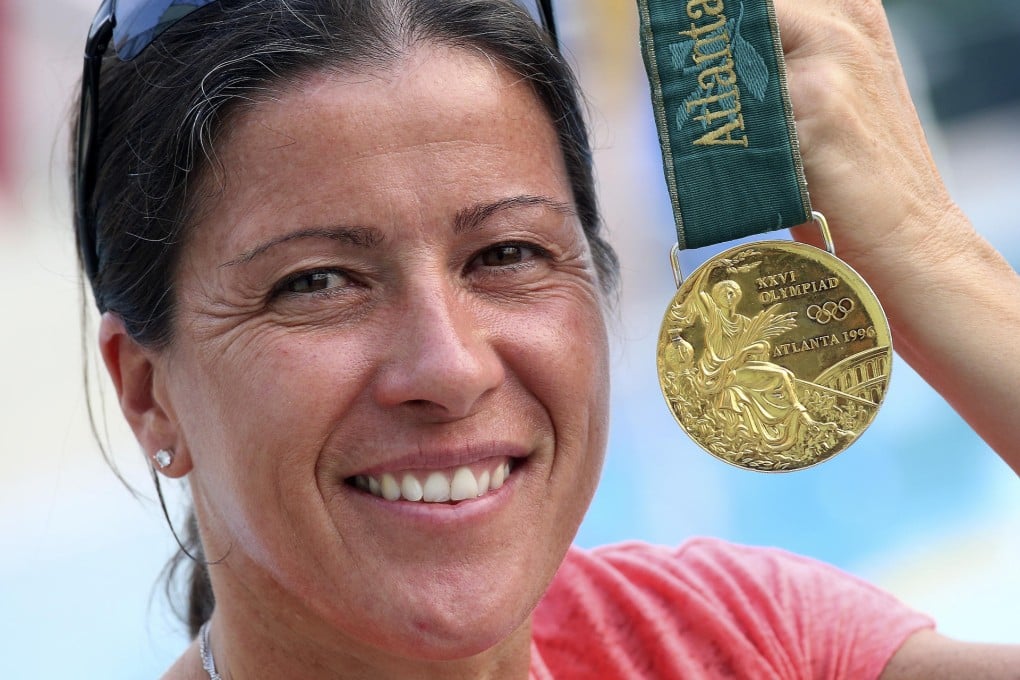Four-time Olympian Sheila Taormina dives deep into the human soul
Sheila Taormina knows more about life than sport after defying convention in four Games

A four-time Olympian across three sports, gold medallist and world champion triathlete, Sheila Taormina ranks among the world's greatest athletes. When evaluating her own accomplishments, however, she prefers a different measure: her intimacy with defeat and insatiable curiosity for human potential.
"I have an Olympic gold medal, but I also know what it means to have come dead, dead last," said Taormina, 45, while visiting Hong Kong.
"We think it's about winning, but it's not. There is so much more to sport than a medal. It's about human potential, and never giving up," she says.
It is wonderful to experience the process of inching closer to potential. But really, what sport has taught me is humility and gratitude
The American, now an author and a coach, was in Hong Kong to teach eager swimmers and triathletes the secrets of swimming fast, enshrined in her new book Swim Speed Strokes.
But her message for aspiring athletes was less about haste and more about being patient, methodical and committed.
"Some people are just natural talents … but for the average person, [being an Olympic athlete] is about giving that last 10 per cent."
Just shy of 1.61m tall, Taormina was the most unlikely Olympic swimmer. After two failed attempts to make the 1988 and 1992 US Olympic swim team, she began to believe she would never make it. Yet, curious to discover why a friend who, she joked, "was nothing special", had made the team, she began asking herself difficult questions.